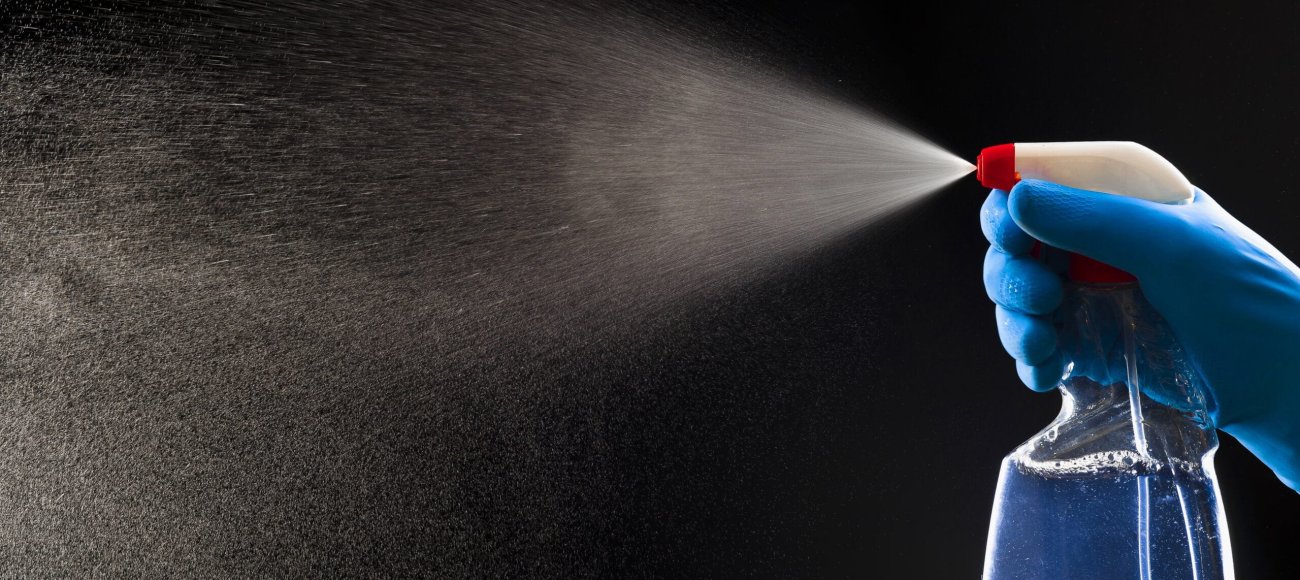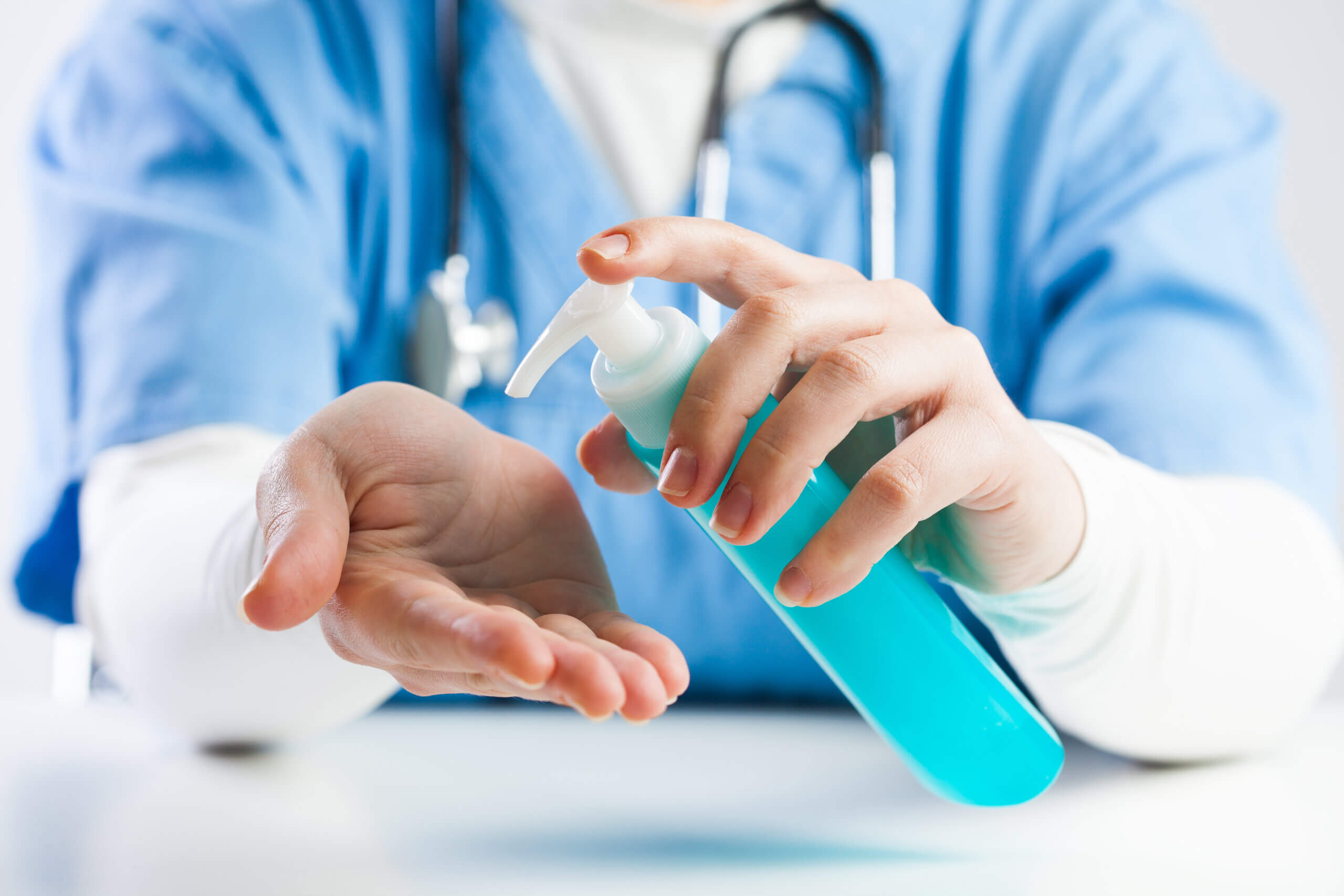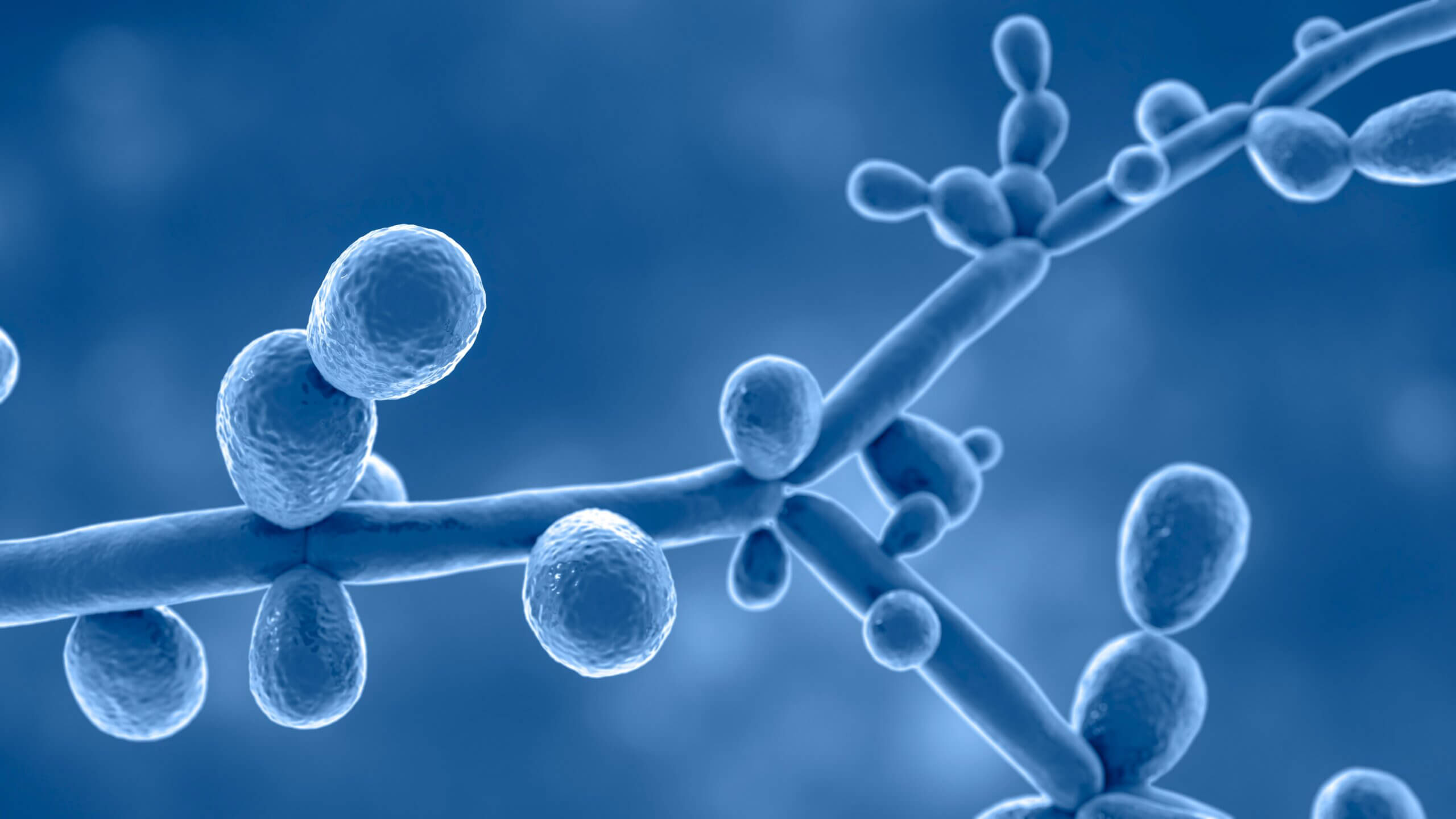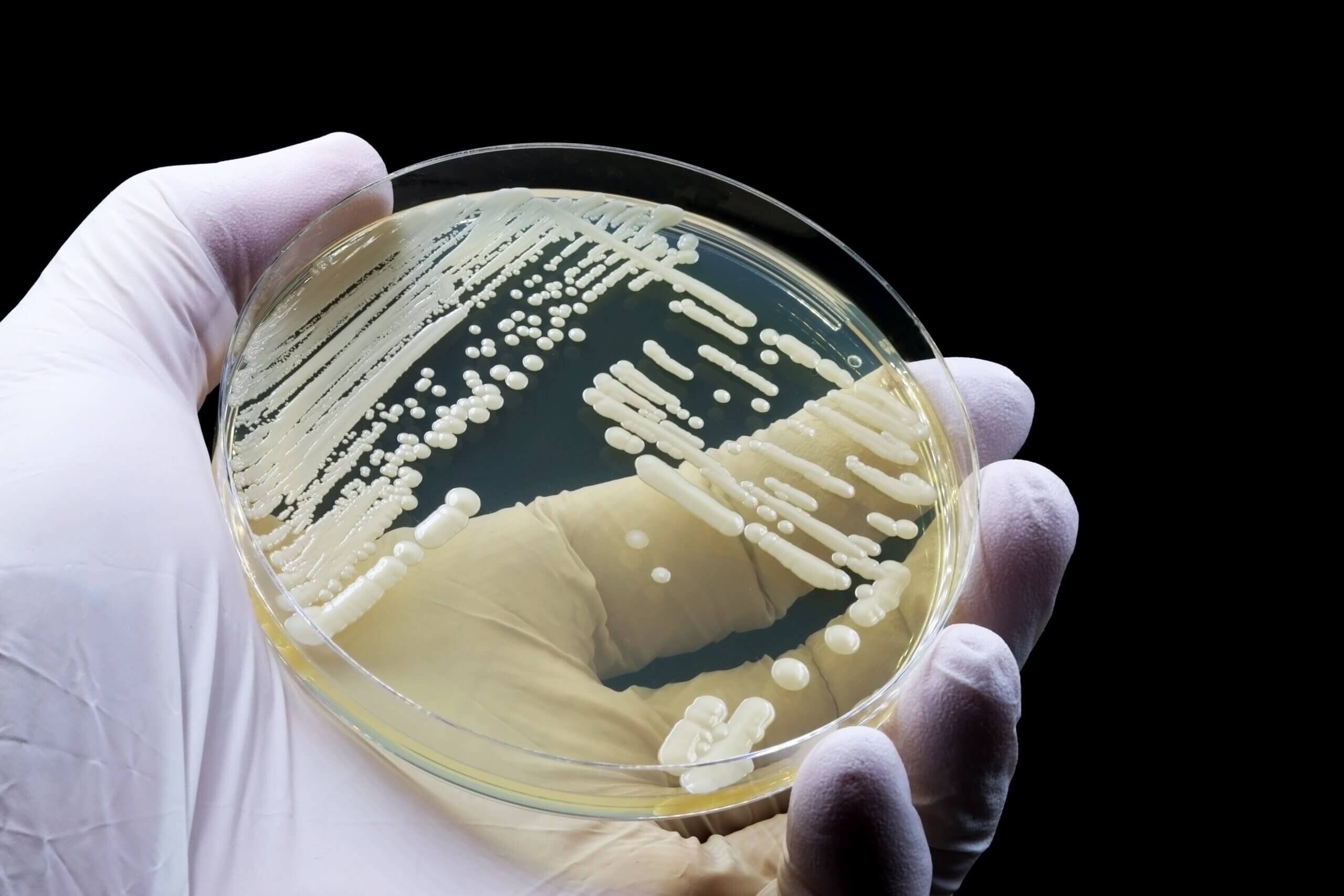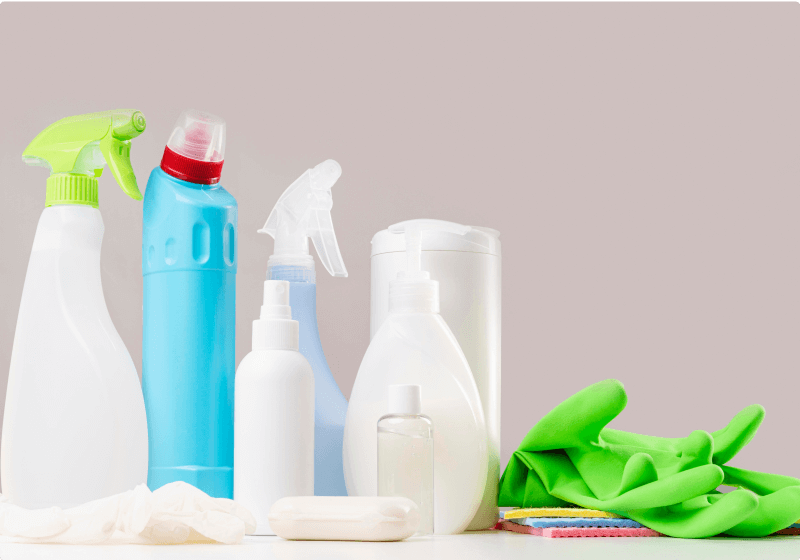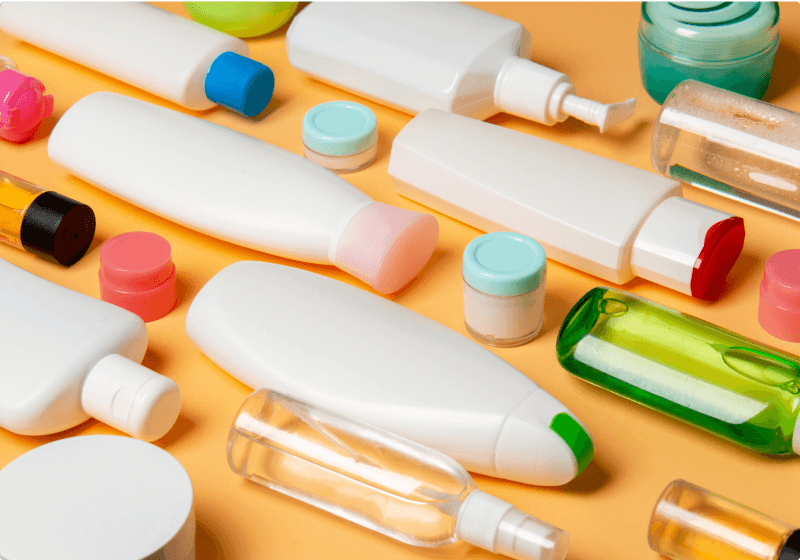Disinfectant sprays play an important role in maintaining cleanliness and hygiene aimed at preventing the spread of infectious diseases. Testing services are required to ascertain that disinfectant sprays kill pathogens effectively and are safe for use in environments in which they are applied. This article provides details on the process of testing services related to disinfectant sprays and sheds light on the important steps, methodologies, and regulatory standards that drive the industry.
Importance of Disinfectant Spray Testing
Ensuring Efficacy
Testing of disinfectant sprays is carried out with the ultimate aim of proving that the product can kill those pathogens. This ensures that the product has the potential to be effective in hospitals, schools, and food processing plants. There are several standards used by testing services to establish the efficacy of disinfectant sprays against a wide range of bacteria, viruses, fungi, and spores.
Safety for Use
Besides efficacy, safety is one important aspect to be tested. The disinfectant sprays should not cause any health risks to the users or be destructive to the surfaces on which they are applied. Testing services check the chemistry of the disinfectants to ascertain that they are nontoxic and do not pose hazards when they come in contact with the human body or are used on different kinds of materials.
Key Steps in Disinfectant Spray Testing
Product Registration and Pre-Testing
Before testing, the disinfectant spray has to be registered; and this requires the submission of information to the relevant body regarding the product, some of which provide information about the active ingredients, the intended purpose, and the target microorganisms of the product. Pre-testing will be carried out in order to ensure that the product meets some minimum requirements of tests for safety and efficacy before advance testing.
Laboratory Testing
Antimicrobial Testing
Antimicrobial testing forms a core component of the evaluation of a disinfectant spray. The test includes evaluation against a wide range of microorganisms of a disinfectant under controlled conditions to determine activity. Common tests include the following:
- Quantitative Suspension Test (EN 1276/EN 1650): This test measures the reduction of viable count of microorganisms when a known volume of the microbial suspension is exposed to a measured concentration of the disinfectant.
- Surface Test (EN 13697): This is a test that determines the effectiveness of the disinfectant on contaminated surfaces.
- Sporicidal Activity (EN 14347): This test assesses the ability of the disinfectant to kill spores, which are generally more resistant than vegetative cells.
Chemical Analysis
Chemical analysis is used to ascertain the concentration of active ingredients within the disinfectant spray. Ensuring that products contain just the right amount of chemicals that would lead to correct disinfection usually involves more advanced techniques, mainly gas chromatography and mass spectrometry.
Field Testing
After laboratory testing is completed, disinfectant spray must go through field testing. It is the application to different environments to observe whether it is effective and safe. Field testing gives very important information on the behavior and effectiveness of the product outside the laboratory.
Toxicological Assessment
Toxicological evaluations are made in order to ensure that the disinfectant spray while killing germs or living organisms, is not harmful to the health of the user. These include irritations to the skin, and effects on the respiratory system, among other possible irritations. Toxicological research helps in the definition of patterns for use and precautionary measures.
Regulatory Standards and Compliance
Several international standards apply to disinfectant spray testing services, according to which the guarantee of the safety and efficacy of these products is to be ensured. Some of them are as follows:
- EN Standards: European Norms (EN) provide a comprehensive framework for disinfectant testing, covering various aspects such as bactericidal, fungicidal, and sporicidal activity.
- EPA Guidelines: The United States Environmental Protection Agency (EPA) sets stringent guidelines for disinfectant testing and registration.
- ISO Standards: The International Organization for Standardization (ISO) offers global standards that help harmonize testing methodologies across different countries.
Compliance and Certification
These standards and guidelines help with certification and market approval. Disinfectant spray testing services ensure all the regulatory requirements are met, and hence, they facilitate the entry of the product into the market. At this point, approval of the disinfectant spray by recognized bodies adds to its credibility and trustworthiness.
Testing services available at MIS
PAS 2424: Evaluation of Residual Bactericidal and/or Yeasticidal Efficacy: This standard assesses the residual effectiveness of liquid chemical disinfectants against bacteria and yeasts.
EN 1040: Basic Bactericidal Activity (Phase 1 Suspension): A quantitative suspension test to evaluate the basic bactericidal activity of chemical disinfectants and antiseptics.
EN 14347: Basic Sporicidal Activity (Phase 1 Suspension): A quantitative suspension test for assessing the basic sporicidal activity of chemical disinfectants and antiseptics.
EN 13727: Bactericidal Activity in Medical Areas (Phase 2 Step 1): A quantitative suspension test for evaluating the bactericidal activity of chemical disinfectants intended for use in medical areas.
EN 14348: Mycobactericidal or Tuberculocidal Efficacy in Medical Areas (Phase 2 Step 1): A quantitative suspension test for testing the mycobactericidal or tuberculocidal efficacy of chemical disinfectants and antiseptics intended for medical areas.
EN 14476: Virucidal Activity in Medical Areas (Phase 2 Step 1): A quantitative suspension test for evaluating the virucidal activity of disinfectants or antiseptics used in medical areas.
EN 14675: Virucidal Activity in Veterinary Areas (Phase 2 Step 1): A quantitative suspension test for assessing the virucidal activity of disinfectants or antiseptics used in veterinary areas.
EN 13610: Virucidal Activity Against Bacteriophages (Phase 2 Step 1): A quantitative suspension test for evaluating the virucidal activity of disinfectants against bacteriophages used in food, industrial, and domestic areas.
EN 16777: Virucidal Activity in Medical Areas (Phase 2 Step 2): A quantitative suspension test for evaluating the virucidal activity of disinfectants used in the medical area.
EN 1275: Basic Fungicidal or Yeasticidal Activity (Phase 1 Suspension): A quantitative suspension test for evaluating the basic fungicidal or yeasticidal activity of chemical disinfectants and antiseptics intended for medical areas.
EN 13624: Fungicidal or Yeasticidal Activity in Medical Areas (Phase 2 Step 1): A quantitative suspension test for assessing the fungicidal or yeasticidal activity of chemical disinfectants and antiseptics intended for medical areas.
EN 1657: Fungicidal or Yeasticidal Activity in Veterinary Areas (Phase 2 Step 1): A quantitative suspension test for evaluating the fungicidal or yeasticidal activity of chemical disinfectants and antiseptics intended for veterinary areas.
At Microbe Investigations Switzerland, we provide comprehensive testing services to ensure the efficacy and safety of disinfectant sprays. Our expert team uses advanced methodologies to rigorously evaluate your products, ensuring they meet regulatory standards and effectively eliminate harmful pathogens. Trust MIS to deliver precise and reliable results, giving you the confidence to market your disinfectant sprays as safe and effective.
To learn more about our disinfectant spray testing services or to schedule a consultation, please contact our specialists today.

